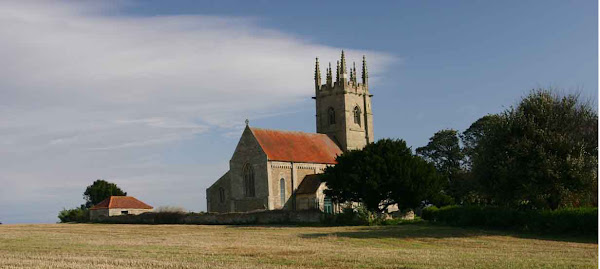One of the insults that Putin throws repeatedly at the Ukraine government is that it is populated with Nazis and fascists. Though the claim is ridiculous on the face of it (Ukrainian president Volodymyr Zelensky is Jewish) the accusation has historical roots that I've never seen properly explained, even in a CNN piece that purportedly explained it.
For persons wishing to have a better understanding of what Putin is up to, I cannot recommend highly enough Angela Stent's book, Putin's World: Russia Against the West and With the Rest (2019), from which I liberally quote below.
Although the Ukrainian nationalist movement had roots before the First World War, it gained impetus in the period known to Ukrainians as the Holodomor:
When Stalin began his campaign of forced collectivization of the Soviet countryside, and many peasants throughout the USSR burned their crops and slaughtered their livestock in acts of resistance against being herded onto collective farms, the regime singled out Ukraine for especially harsh treatment. Between 1932 and 1934, increasingly unrealistic grain requisition quotas were levied on Ukrainian peasants. Altogether close to four million people in the Ukrainian Soviet Socialist Republic perished as a result of the ensuing famine.
There is historical evidence to suggest that the Holodomor was a deliberate attempt by Stalin to exterminate Ukrainians (see Anne Applebaum's book, Red Famine: Stalin's War on Ukraine (2017)). It should not be entirely surprising, then, that when Hitler invaded the Soviet Union in June 1941 he found many Ukrainians cheering him on.
... [G]iven many Ukrainian's antipathy toward Soviet rule, some of them initially welcomed the Nazi invaders as liberators and collaborated with them. This, plus the fact that one of their nationalist leaders, Stepan Bandera, initially allied his organization with the Nazis, has fueled the current Russian narrative about "Ukrainian fascists" running the government in Kyiv. Other Ukrainians joined the resistance to the Nazis. By the time Lieutenant-General Nikita Khrushchev led Red Army troops to recapture Kyiv in November 1943, Bandera and others had grown disillusioned with the Germans.
When the Soviet Union broke up and Ukraine became an independent nation, the history of the Holomodor became a part of the national story and the nationalist Stepan Bandera was declared a "Hero of Ukraine"; in response, the Russians conflated his collaborationist history with the history of the Ukrainian nationalist movement, so that any Ukrainian who supported independence from Russia became a Nazi or fascist.
Now you know.
Update:
About three days ago Putin gave a speech referencing the "Banderites"; i.e., followers of Bandera.
